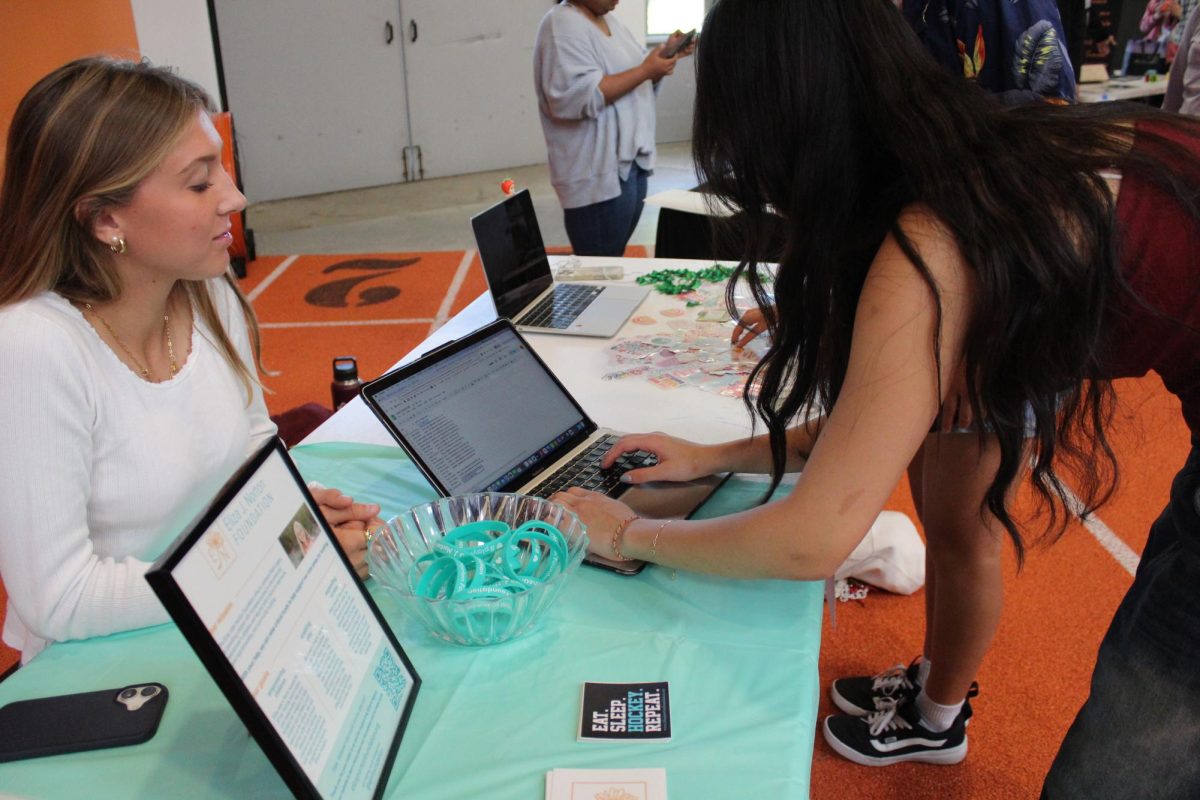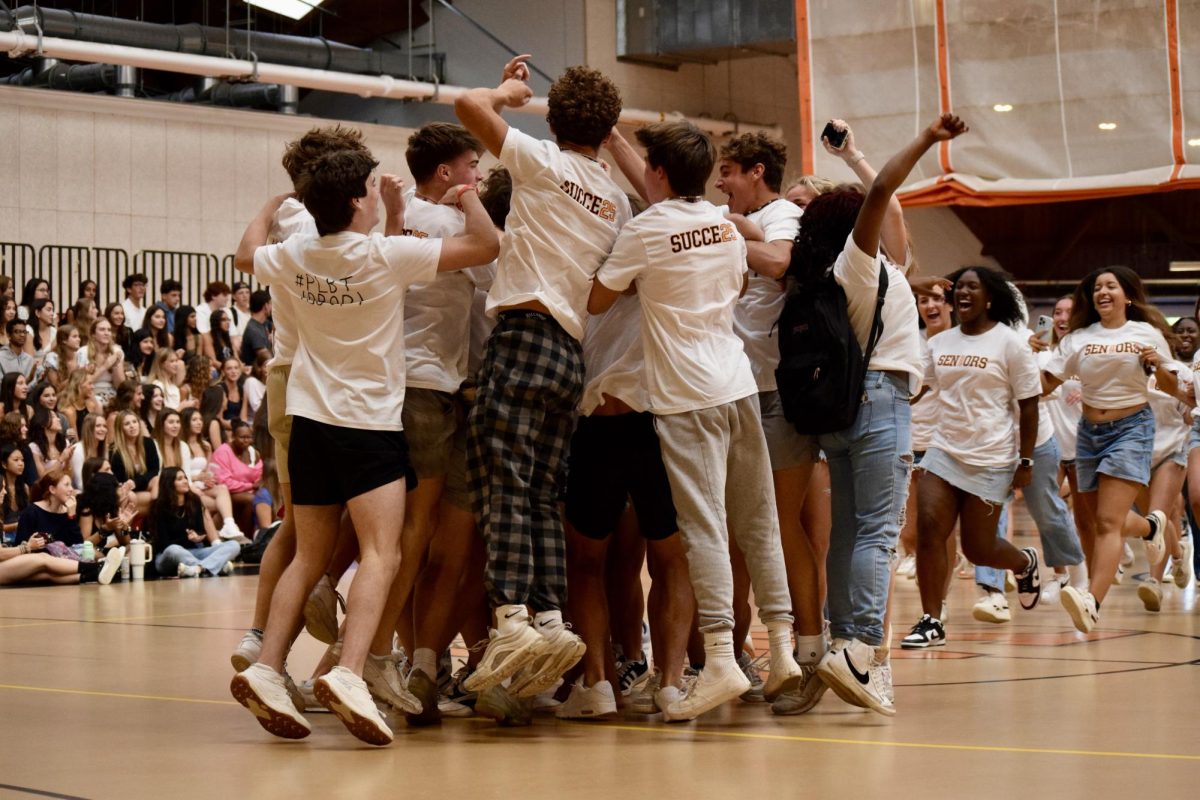In our modern world, most issues are no longer straightforward. There is no longer a “right” answer. Instead, people defend a certain side, trying to persuade others that their choice is better. In short, people debate in their everyday lives, whether they are running ideas by their boss at work or just trying to impress their friends. Wayland students need a valuable opportunity to practice skills they will continually use later in life.
Debate is a formal contest of argumentation between two teams or individuals. It is an essential tool for developing and maintaining our democracy and our open society. More than mere performance skills, debate encourages students toward the ideals of reasoned argument: a tolerance for divergent points of view and rigorous self-examination. In addition, debate allows people to discuss controversial issues without descending to insult, emotional appeals, or personal bias. A key trademark of debate is that it rarely ends in agreement, but rather, it allows for a robust analysis of the question at hand. Debate is not a forum for asserting absolute truths, but rather a means of making and evaluating arguments that allows debaters to better understand their own and others’ positions.
The process of debate offers profound and lasting benefits for individuals, for their societies, and indeed, for the global community as a whole. With its emphasis on critical thinking, effective communication, independent research, and teamwork, debate teaches skills that serve individuals well in school, in the workplace, in political life, and in fulfilling their responsibilities as citizens of democratic societies. Once students have learned how to debate, they are better able to critically examine the pronouncements of their political representatives and to make informed judgments about crucial issues. So, learning the ideas behind debate is crucial to the democratic process.
With Debate Club at our school, students will benefit not only in the real world, but also in their classes. Student will certainly benefit in English and History; an increased ability to articulate their thoughts would be of great aid in these paper intensive classes. Students will also learn critical thinking and how to approach a problem, which will help them in math and science classes. So, with debate, and with careful practice, students can even expect to see an improvement in their grades.
The existing debate club at our school meets once a week, depending on the days of the week our members can make it. Most meetings will be conducted at the school. Occasional meetings at either a member’s house or a local café could help to promote club unity. For our first couple of meetings, we plan to outline and teach members the principles of debate. Then, once everyone is feeling confident, we will debate current issues in a friendly, low-pressure setting. This will give everyone a way to express his or her opinions. Some topics we are considering now are issues in the 2008 election, current constitutional issues including the state of the inmates at Guantanamo Bay, and issues more pertinent to our school and student life, like club fees for students. We may even stage a mock political debate about our current election with students representing the views of candidates.
We have high hopes for Debate Club to run like before!






























Marta LeFevre-Levy • May 16, 2008 at 10:39 AM
This sounds like an interesting club.